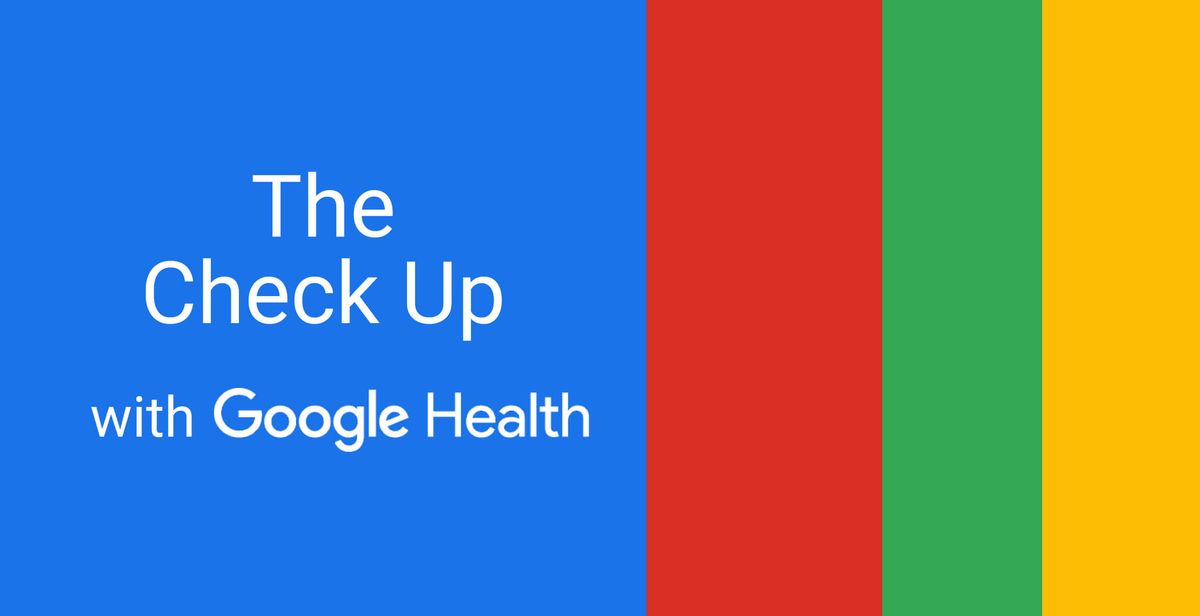Google's commitment to developing artificial intelligence (AI) for healthcare was on full display at its annual health event, The Check Up. This year's event saw Google sharing its progress on health AI research, including its latest updates on its medical large language model (LLM) research, AI-assisted ultrasound, cancer treatment planning and tuberculosis screening. The event was an opportunity for Google to share its "move slow and test things" approach to developing AI for healthcare and its commitment to safety, equity and bias protection.
During the event, speakers shared their insights on the potential of AI in healthcare and announced several exciting new research partnerships. One of the most exciting announcements was the progress of Med-PaLM 2, Google's latest iteration of its medical large language model. Med-PaLM 2 is designed to retrieve medical knowledge, accurately answer medical questions, and provide reasoning.
According to Google Health Research Lead, Dr. Alan Karthikesalingam, "Med-PaLM 2 reached 85% accuracy on the medical exam benchmark in research. This performance is on par with expert test takers. It far exceeds the passing score, and is an 18% leap over our own state-of-art results from Med-PaLM." Med-PaLM 2 also performed impressively on Indian medical exams and is the first AI system to exceed the passing score on those challenging questions.
Despite its heavy investment in research, Google emphasized its commitment to extending the reach of its AI models beyond the lab and into real-world settings. They highlighted partnerships with organizations focused on improving maternal care, cancer treatment.
AI-assisted ultrasound: Google is partnering with Jacaranda Health, a Kenya-based nonprofit focused on improving health outcomes for mothers and babies, to research digital solutions that can help simplify acquiring and interpreting ultrasound images. According to Greg Corrado, Ph.D. and Head of Health AI at Google, "through this partnership, we'll conduct exploratory research to understand the current approach to ultrasound delivery in Kenya and explore how new AI tools can support point-of-care ultrasound for pregnant women."
Cancer treatment planning: Google's partnership with Mayo Clinic aims to explore how AI can support the process of planning for radiotherapy, a common cancer treatment. According to Corrado, "the most labor-intensive step in the planning process is a technique called 'contouring', where clinicians draw lines on CT scans to separate areas of cancer from nearby healthy tissues that can be damaged by radiation during treatment. This process can take up to 7 hours for a single patient." Google's AI models can help with contouring and reduce the time spent by clinicians.
Tuberculosis screening: Google is partnering with an AI-based organization headed by Right to Care, a not-for-profit entity with extensive experience in TB care within Africa, to make AI-powered screenings widely available across Sub-Saharan Africa. According to Corrado, "our partners have committed to donating 100,000 free AI-powered TB screenings during the collaboration to help with early detection and treatment of TB and reduce the spread of this disease."
As the healthcare industry continues to evolve, it's clear that AI will play an increasingly important role in improving patient outcomes and overall health. Google's ongoing efforts in this field will undoubtedly be a key driver of progress and innovation in the years to come.

